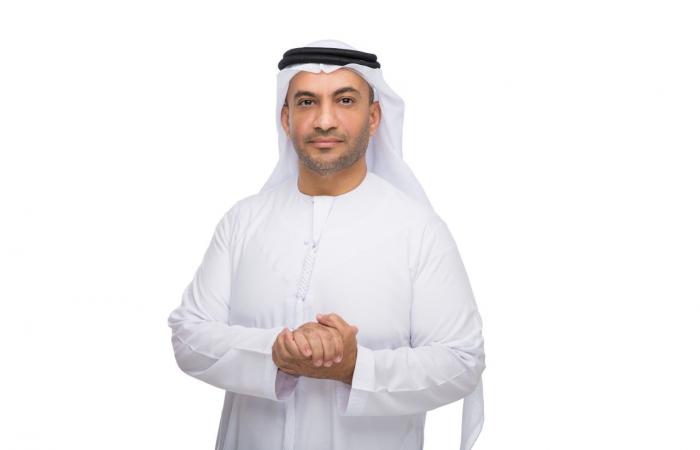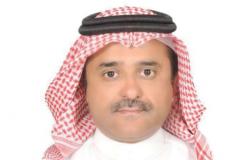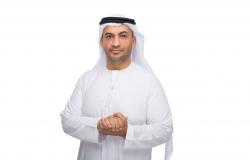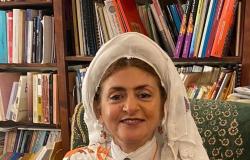نعرض لكم زوارنا أهم وأحدث الأخبار فى المقال الاتي:
Gulf investments: A sovereign right impervious to critices, اليوم الأحد 15 يونيو 2025 01:45 صباحاً
Do critics have the right to question the Gulf states’ investments in thriving global economies? What truly drives these criticisms?
The complex interplay of economic and political dynamics reveals a clear truth: such critiques often lack objective grounding, rooted instead in dubious political or ideological motives, tinged with envy and resentment toward the Gulf’s remarkable achievements.
Statistics and historical data confirm that, since their founding, Gulf states have pursued a balanced strategy for managing their wealth. They blend domestic development, generous foreign aid, and strategic investments in stable, advanced economies. This thoughtful approach has proven successful over decades, enabling Gulf states to preserve and grow their wealth for future generations while setting a global standard for generosity and support for those in need.
An unbiased observer can see that critics who brand Gulf investments in robust global economies as “plunder” or “waste” often hail from corrupt authoritarian regimes, terror groups, or factions pushing extremist ideologies hostile to prosperity and stability. These detractors deliberately ignore the Gulf states’ sovereign right to manage their wealth and investments in line with their national interests.
History clearly documents the Gulf’s generosity, with hundreds of billions of dollars in aid extended to Arab, Islamic, and developing countries over decades.
For example, Saudi Arabia’s aid from 1975 to 2024 totaledapproximately 498.54 billion riyals (132.94 billion USD). From 1976 to 1987, its international development aid reached 49 billion USD, second only to the United States.
The United Arab Emirates, meanwhile, has consistently surpassed the United Nations’ goal of allocating 0.7% of gross national income to official development assistance, reaching 1.17% in 2014. In several years, the UAE exceeded this target, earning acclaim in reports from the OECD’s Development Assistance Committee as the top donor relative to its economy’s size. The UAE’s deep commitment to humanitarian and developmental responsibilities has been driven by a vision that sees fostering progress in developing countries as a foundation for global stability, not just a diplomatic gesture.
When viewed with clarity and fairness, it is evident that Gulf states have never leveraged their aid to exert political pressure or meddle in the affairs of recipient countries. Their assistance springs from genuine humanitarian, moral, and religious values, setting it apart from the often conditional aid of some major powers, which is typically tied to political or economic agendas.
The Gulf’s decision to channel financial surpluses into strong global economies, notably the United States, is not impulsive but a carefully crafted strategy grounded in a deep understanding of global markets and the need for secure, profitable investments.
The U.S. economy, accounting for over 40% of global investments, is a natural choice for countries with surplus funds aiming to maximize returns while minimizing risks. Its vast scale, relative stability, and diverse sectors offer a safe and dynamic investment, unlike the volatility of emerging or unstable markets.
Gulf investments in the U.S. serve not only economic purposes but also strategic ones, safeguarding political and security interests. Given their geopolitical position and oil wealth, Gulf states face complex security and political challenges, requiring powerful allies to provide protection and support against regional threats. Investments in economies like the U.S. strengthen strategic partnerships, creating shared interests that bolster regional stability and security.
Advanced economies attract Gulf investments due to their political and economic stability, robust legal frameworks, diverse opportunities, technological innovation, and ease of market entry and exit.
Calling Gulf investments in thriving global economies “plunder” is a misguided and misleading label, betraying a lack of understanding of global economic dynamics and international investment principles.
Investment is a mutually beneficial exchange, not exploitation. Gulf states gain financial returns and strategic benefits, while host economies benefit from capital inflows that fund projects, create jobs, and fuel economic growth.
Since their inception, Gulf states have embraced a governance model built on wisdom, transparency, and long-term planning. Recognizing the finite nature of oil wealth, they understood early on that over-reliance on it threatens future generations.
Their strategy hinges on three pillars: domestic development, foreign aid, and global market investments.
Openness and coexistence define Gulf societies, setting them apart from those under authoritarian regimes or extremist influence. These states have fostered inclusive, tolerant communities where diverse cultures, religions, and ethnicities thrive in mutual respect and cooperation. Millions of expatriates from around the world live and work in the Gulf with freedom and dignity, practicing their religious and cultural traditions without restriction or harassment.
To be sure, Gulf investments in strong global economies come from a place of prudent wealth management and a forward-thinking vision to ensure a prosperous, sustainable future for generations to come. Critics who challenge these investments lack credible evidence or rigorous economic analysis, driven instead by questionable political and ideological motives, revealing envy and resentment toward the Gulf region’s success in wisely stewarding its wealth and investments.






